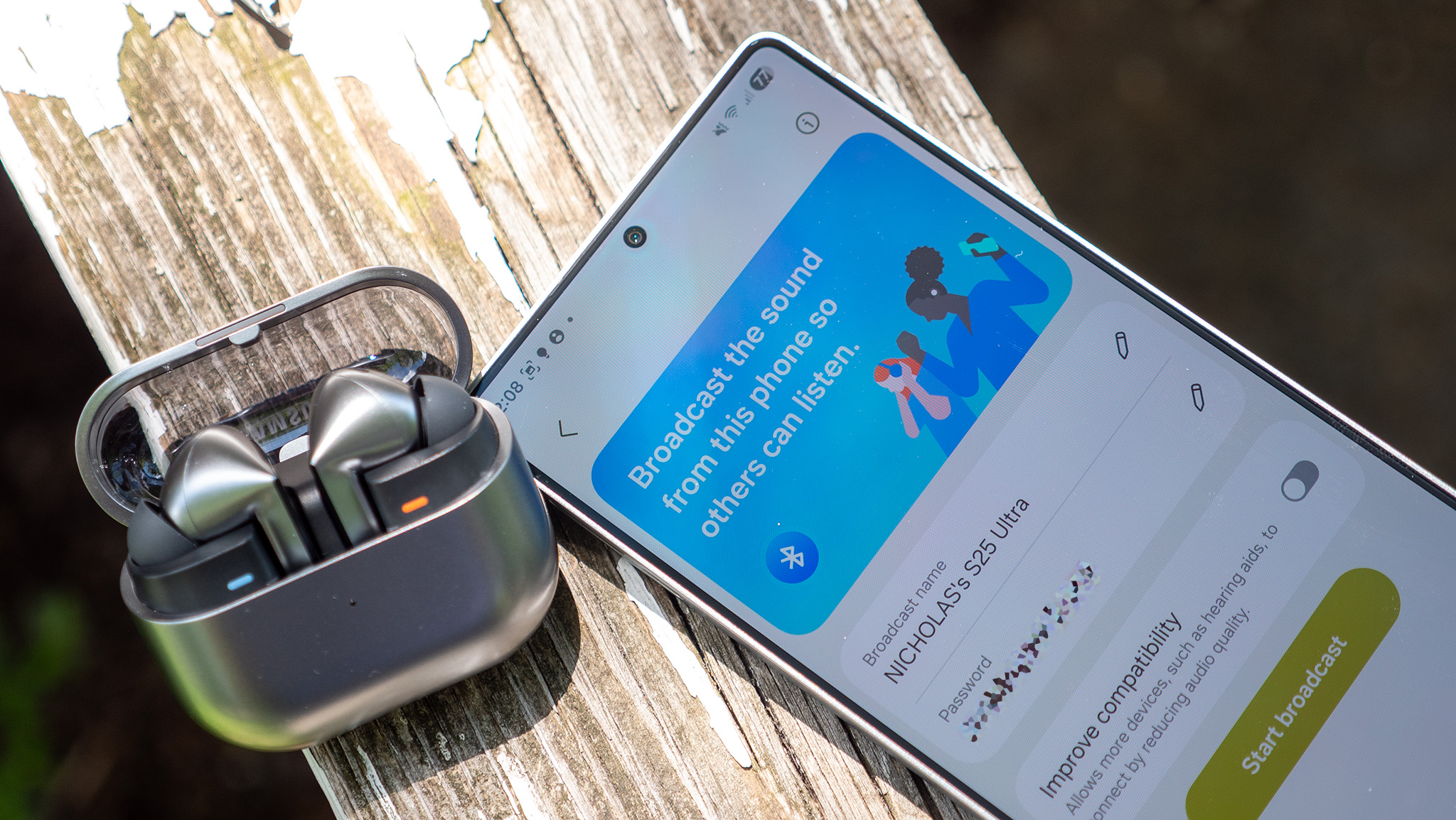Ask Jerry: What happens to my photos after I upload them?
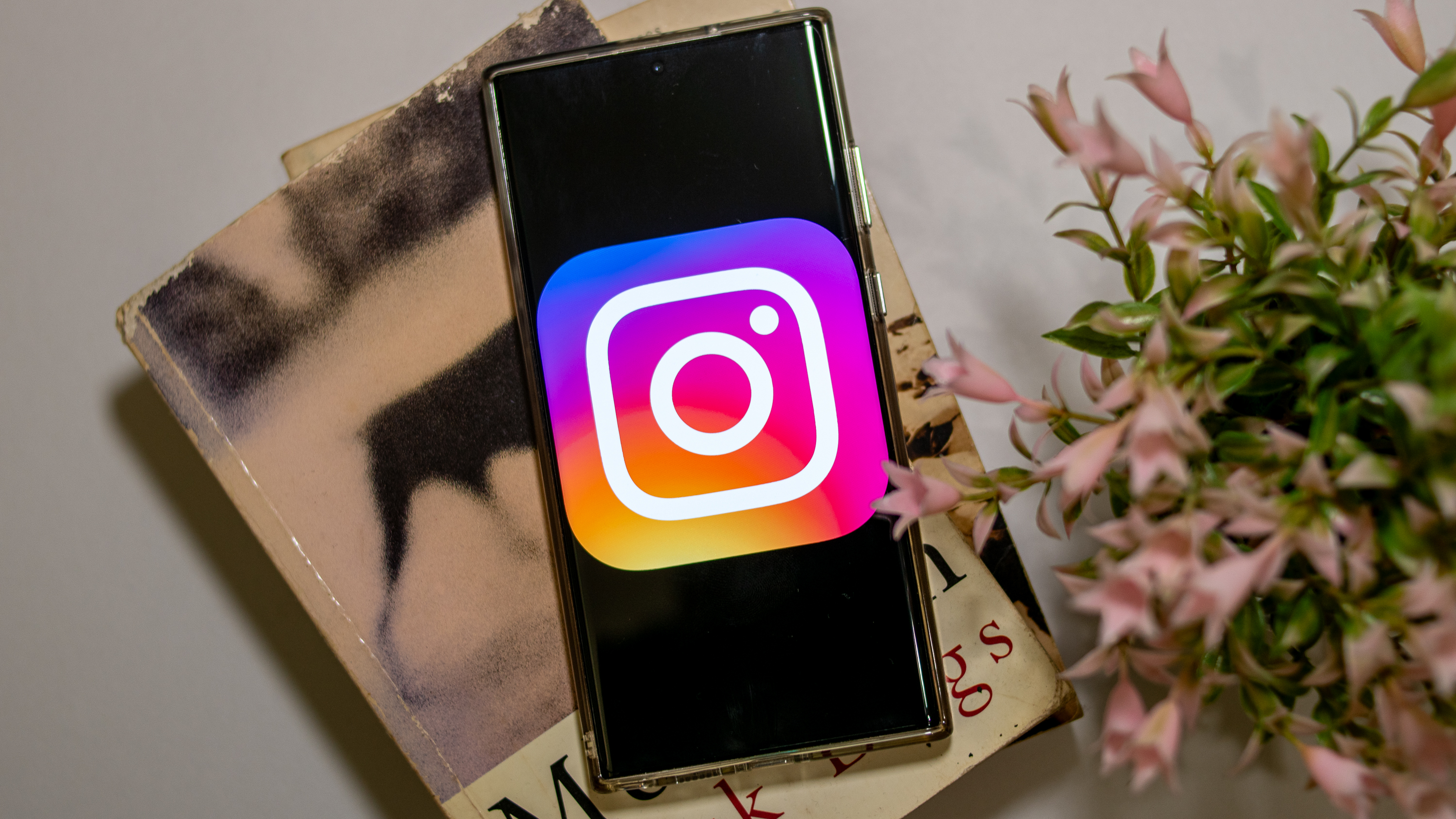
Enjoy our content? Make sure to set Android Central as a preferred source in Google Search, and find out why you should so that you can stay up-to-date on the latest news, reviews, features, and more.
Welcome to Ask Jerry, where we talk about any and all the questions you might have about the smart things in your life. I'm Jerry, and I have spent the better part of my life working with tech. I have a background in engineering and R&D and have been covering Android and Google for the past 15 years.

Ask Jerry is a column where we answer your burning Android/tech questions with the help of long-time Android Central editor Jerry Hildenbrand.
I'm also really good at researching data about everything — that's a big part of our job here at Android Central — and I love to help people (another big part of our job!). If you have questions about your tech, I'd love to talk about them.
Email me at askjerryac@gmail.com, and I'll try to get things sorted out. You can remain anonymous if you like, and we promise we're not sharing anything we don't cover here.
I look forward to hearing from you!
Who gets to see my photos?
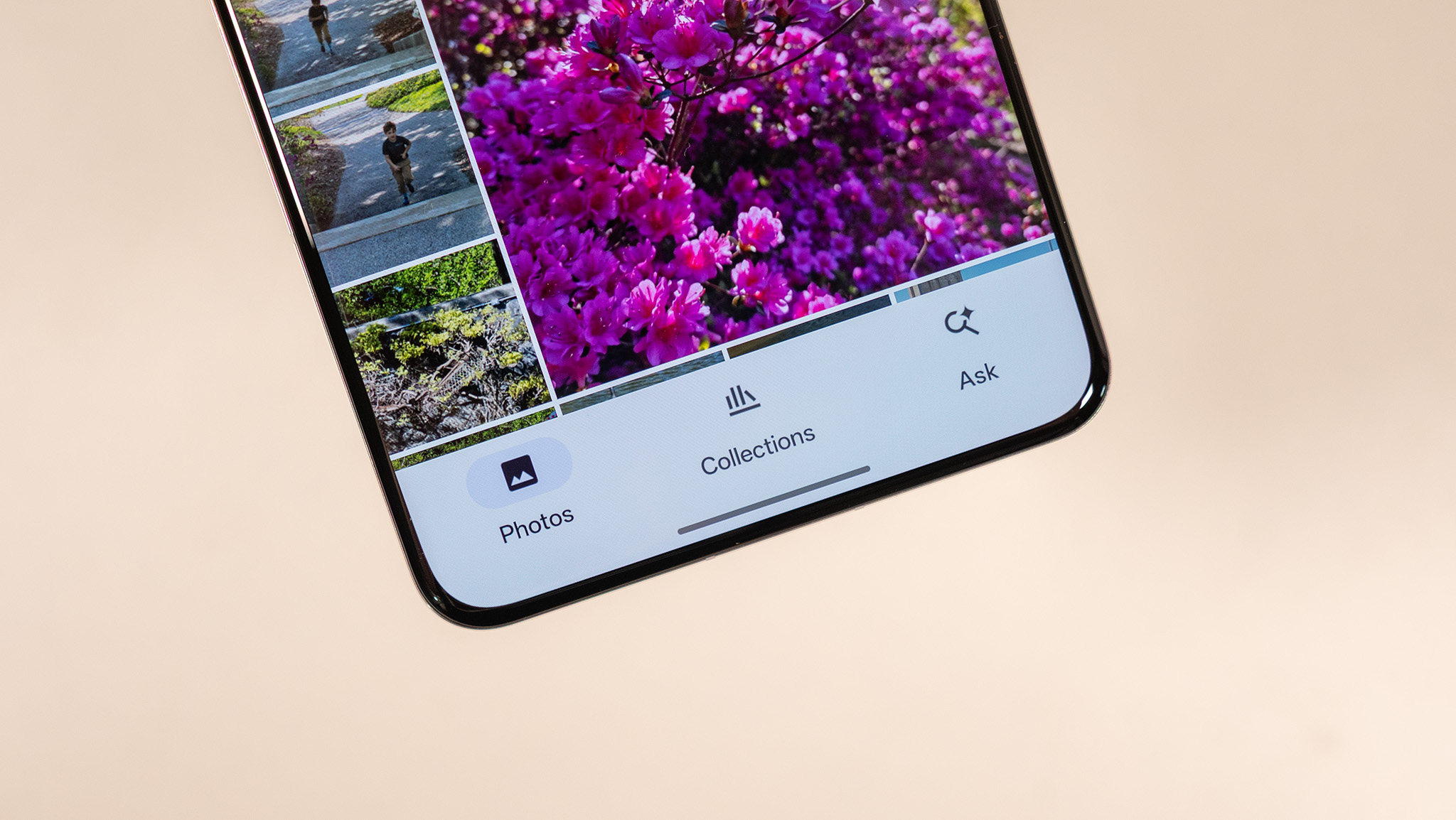
Anon asks:
To me there's a difference between private photos I'm saving on the cloud and ones I am sharing with an app. I was wondering what happens after I upload a picture? Who gets to see it? What are companies doing with them?
Any insight?
Get the latest news from Android Central, your trusted companion in the world of Android
Thanks.
Whoa. This is an awesome question that should concern all of us. Thanks so much for sending it in and sharing it with us.
It's also hard to answer in many ways, confusing is plenty of others, and a little disturbing when talking about some companies. Let's dig into it.
First things first: a computer, but not necessarily a person, looks over every single image you upload anywhere. It's for a good reason, because there are photographs that shouldn't have ever been taken and aren't "normal" for anyone to save. Pictures that exploit children are a great example, as are certain types of photos saved or shared with the wrong intentions. Nobody should have a problem wiping all that mess off the face of the planet.
Sometimes — and I stress sometimes — a person will need to check a photo that was flagged as not permitted. I happen to know someone who does this for a living, and she tells me it's extremely disturbing seeing what some people are trying to save. It sounds like this is, unfortunately, a necessary evil.
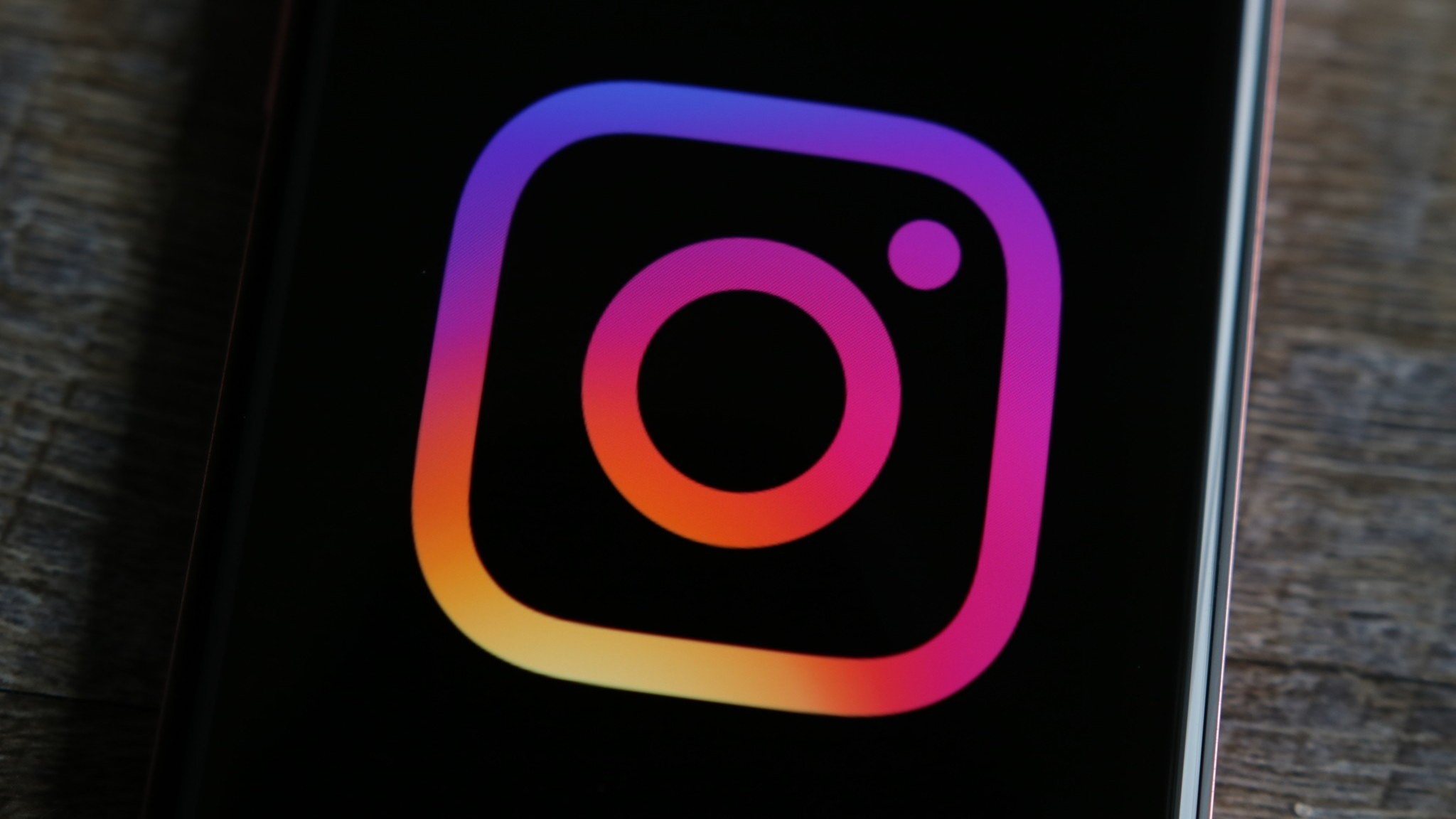
Some companies do more, of course. Meta is a prime example. In July 2025, it was discovered that the company had trained its AI on every photo uploaded to Facebook, Messenger, or Instagram since 2007. The company states it no longer trains current AI models this way, but never outright says that it stopped analyzing photos.
It's important that this is only for uploaded photos. Meta also has an opt-in service that randomly grabs photos from your on-device library and uploads them to be analyzed.
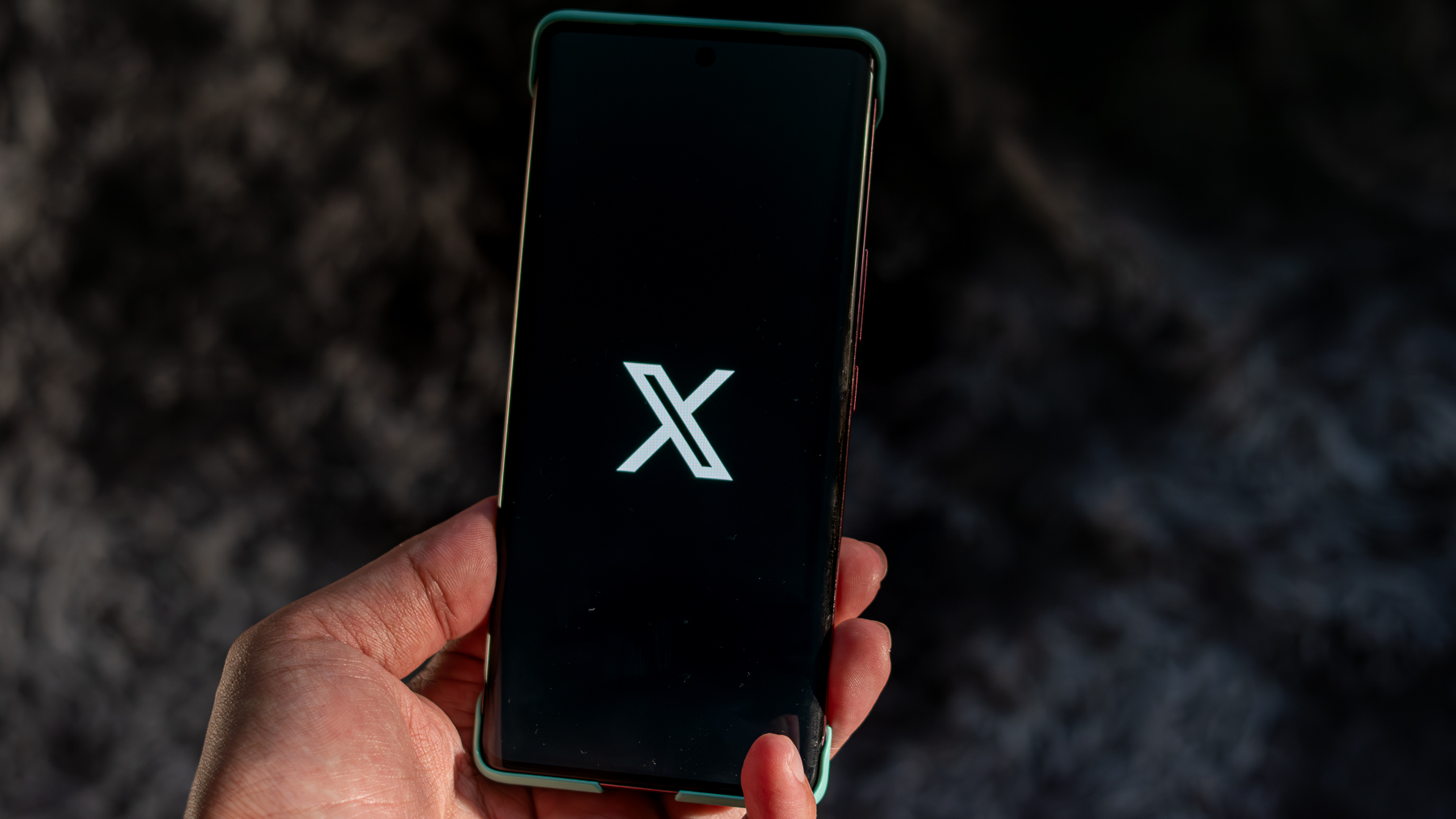
Other companies make sure to explain that they do not do anything similar. Google Photos, for example, states it doesn't train any AI using your photos, and they would be used for such only if shared with other third parties at your request.
Unfortunately, it's not so cut-and-dried in most cases. Tech companies have privacy policies that they mostly follow, but these are often written in language that's hard to understand, are so long that nobody would need them, and are subject to changes at any time, even after you've agreed to the terms.
It's almost impossible to tell what happens to pictures you share, let alone the ones you save in the cloud and don't intend to share in most cases.
Assume the worst
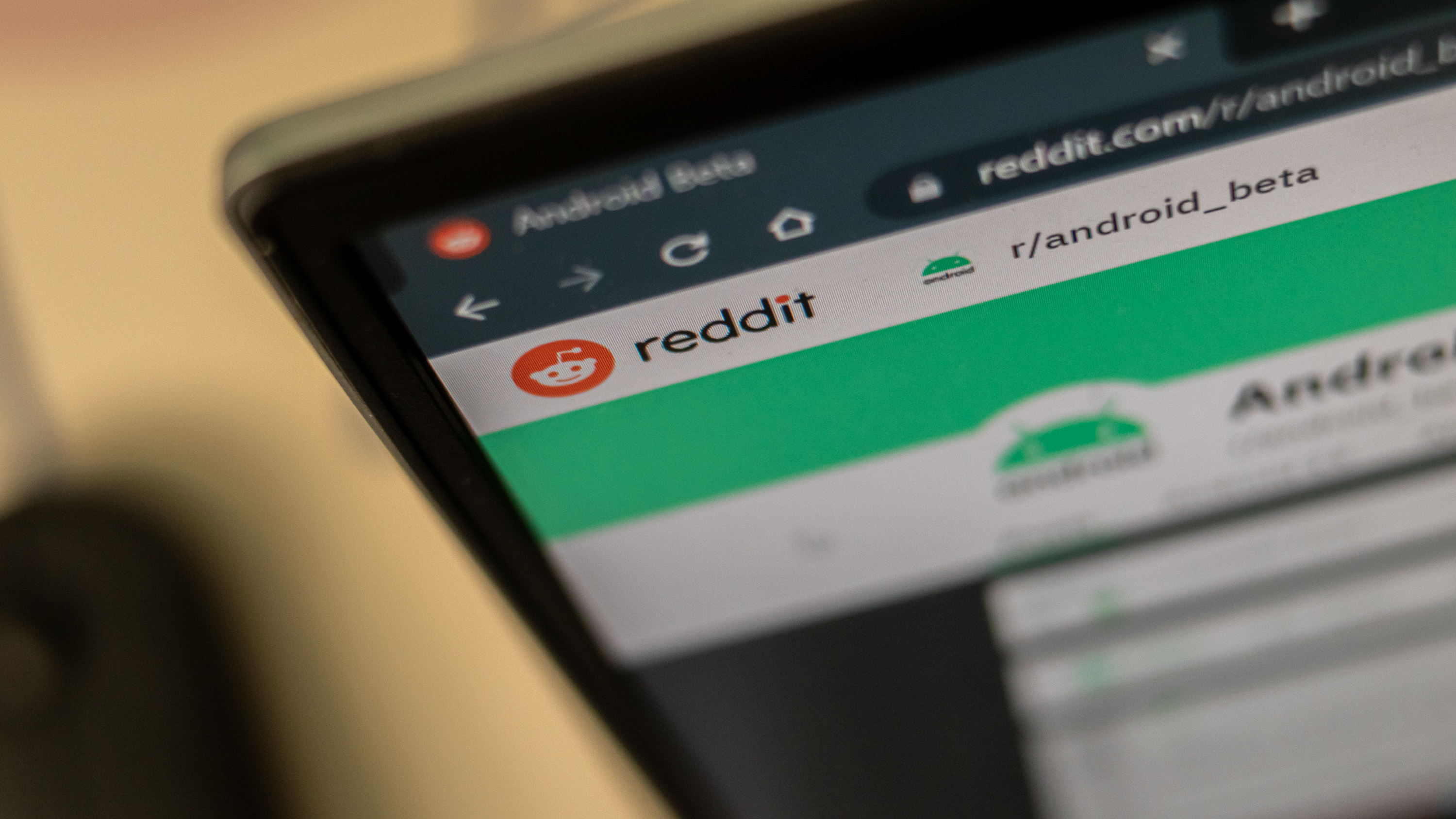
What most of us need to do is assume that everything we have ever posted online, publicly or privately, isn't ours alone. With the dawn of AI-everywhere, there is a good chance that every word you type and every image you upload is being used to make it all work.
It's easy to assume that X, for example, is using your posts to train AI, because they are closely tied to an AI company. But most AI companies also buy data. That message you posted in the lobby of some silly phone game you downloaded is probably saved and offered as part of an AI-training package for sale to the highest bidder.
This isn't a big deal to a lot of people, but for others, it is. Only you can decide if Google or OpenAI using all of your Reddit posts matters to you (they do). It's also not going to change any time soon in many places: remember, data privacy laws apply, so if you live in the EU, for example, there are different rules for your data than there are in the U.S.
Assume everything you do online is out there for the rest of us to see if you want to be proactive. You can't scrub it away, no matter how hard you try, so be thoughtful before you share anything. No matter how much we may not like it, it will be OK.

Jerry is an amateur woodworker and struggling shade tree mechanic. There's nothing he can't take apart, but many things he can't reassemble. You'll find him writing and speaking his loud opinion on Android Central and occasionally on Threads.
You must confirm your public display name before commenting
Please logout and then login again, you will then be prompted to enter your display name.
